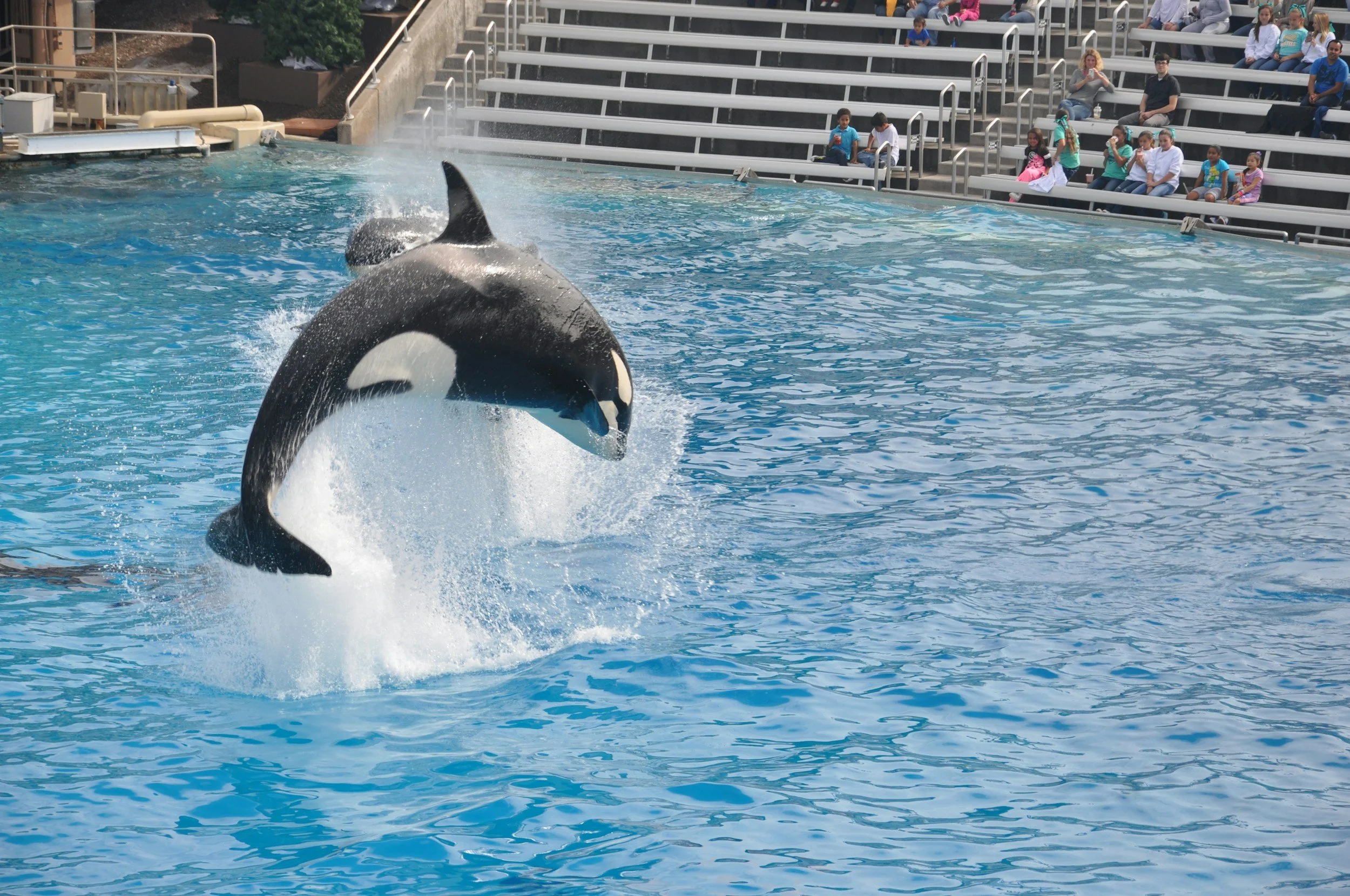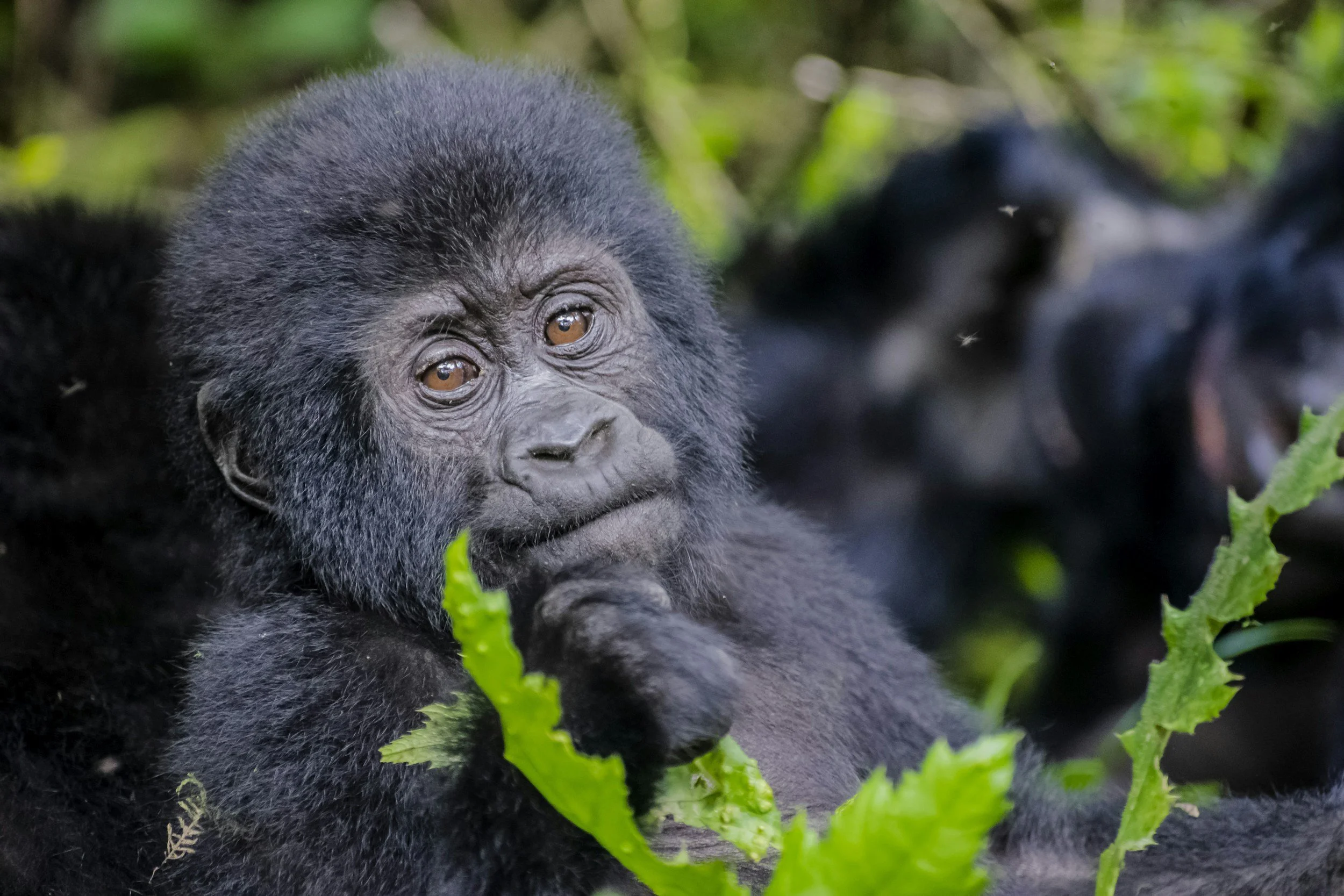Current State of Factory Farming: Just Five Companies Responsible for Slaughtering Over 11 Billion Chickens Every Year
Emissions for the five companies is equivalent to 36.4 million cars on the road, according to a new report that examines how factory farming is meeting the world’s demand for meat.
Credit:Jo-Anne McArthur / We Animals Media
More must be done to include factory farming in conversations about tackling climate change, according to a new report that reveals the world’s five biggest factory farming companies are responsible for emissions equivalent to 36.4 million cars on the road annually.
The process of farming and slaughtering on a mass, industrialized scale - known as factory farming - is recognized as a disaster for animal welfare, with animals forced to endure short lives in cramped, confined, and barren conditions.
But with the global demand for meat continuing to rise, the number of factory farms is also increasing. This is not only devastating for animal welfare, but also for the climate, as the new report reveals the startling stats behind the world’s reliance on factory farms.
In the report, the world’s biggest five factory farming companies are responsible for emissions equivalent to 36.4 million cars on the road annually, and slaughter 11.5 billion chickens and 150 million pigs every year.
Data was collected from the world’s biggest factory farming hotspots: Brazil, China, the USA, and the Netherlands.
Brazilian company JBS was ranked as the world’s biggest meat producer. In addition to its emissions, the company has been linked to multiple instances of illegal deforestation in Brazil, where wildlife habitats and ecosystems are destroyed to make way to farm corn and soy for animal feed. The report says that the company’s current policy allows illegal deforestation of the Amazon region until 2025, and legal deforestation globally for a further ten years.
Cows on a dairy farm stand on a rotating milking carousel. Credit: Andrew Skowron / We Animals Media
“Companies like JBS are some of the largest contributors to the climate crisis, yet they are rarely held accountable,” says Annette Manusevich, Farming Campaign Manager at World Animal Protection, who compiled the report. “Animals are suffering extreme cruelty in factory farms, and our environment cannot sustain the unchecked expansion of mega meat producers. This scorecard adds to the mounting evidence that factory farming is not compatible with a climate-safe future."
World Animal Protection is using the report to call on companies, particularly JBS, to halt the expansion of factory farming operations, especially those threatening and destroying habitats to grow animal feed.
And the group adds that consumers and companies can also “make a lasting impact” by adopting more plant-based options and supporting emerging sustainable proteins, such as cultivated meat. By eliminating or reducing the demand for animal products, World Animal Protection says we can collectively decrease the environmental destruction caused by factory farming.
Outlawing Factory Farming
Senator Cory Booker (D-NJ) reintroduced the Farm System Reform Act (FSRA) this year. The legislation aims to revolutionize America’s current food system, by phasing out the biggest factory farms in the US by 2040. This would help save millions of farmed animals from suffering and prevent millions of tons of greenhouse gas emissions.
The bill will also seek to introduce more regulations for CAFOs (concentrated animal feeding operations), such as holding their corporations responsible for any environmental damage they cause, and prohibiting the Department of Agriculture from labelling imported meat as a “Product of USA”.
Our choices matter to animals. Do you think you could embrace plant-based living for 7 days? We do. Sign up for the Species Unite 7-Day Vegan Challenge to discover a whole new world, from recipes that will trick your most carnivorous friends to shoes, boots, and bags made from some of the most magical plants on the planet. Take part here!
We Have A Favor To Ask…
Species Unite amplifies well-researched solutions to some of the most abusive animal industries operating today.
At this crucial moment, with worldwide momentum for change building, it’s vital we share these animal-free solutions with the world - and we need your help.
We’re a nonprofit, and so to keep sharing these solutions, we’re relying on you - with your support, we can continue our essential work in growing a powerful community of animal advocates this year.
More stories:
Species Unite
A collection of stories of those who fight the good fight on behalf of animals.





A judge has issued Pennsylvania’s first habeas corpus order for a nonhuman animal, advancing NhRP’s fight to move five African elephants from the Pittsburgh Zoo to a sanctuary.